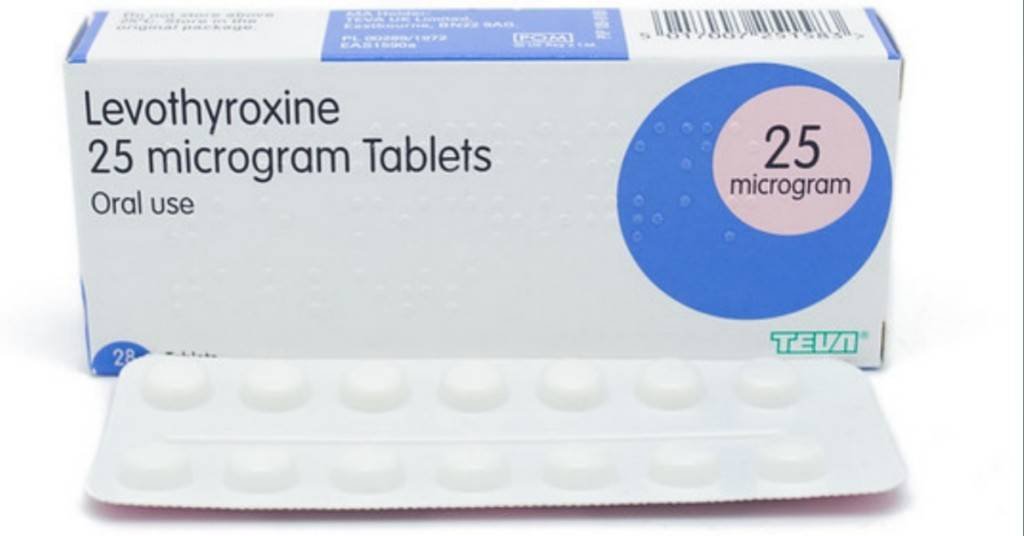
Table of Contents
Levothyroxine is a synthetic variant of the thyroid hormone called thyroxine and is used in the treatment of hypothyroidism. The general belief and use of the drug for weight loss is a misconception. Research has shown it’s not linked to any significant drop in the weight of most patients.
A study was carried out on over a hundred patients1 National Library of Medicine. (governmental authority) visit source [Cited 2022 May 1st ] supports the fact the drug is not something you should count on in shedding significant weight. What is known is that hypothyroidism, for good reasons, is associated with weight gain but restoration of normal thyroid hormones using levothyroxine doesn’t significantly result in weight loss.2 The American Thyroid Association. (governmental authority) visit source [Cited 2022 May 1st]
In this article, we’ll take a look at weight loss with levothyroxine as a prescription drug and other factors associated with its use in the treatment of hypothyroidism.
The work of levothyroxine.
Levothyroxine is available as oral tablets, capsules, and injectables. It’s a drug of choice for the treatment of hypothyroidism3 MedlinePlus. (governmental authority) visit source [Cited 2022 May 1st ] as mentioned earlier and also for goiter plus some forms of thyroid cancer.
The thyroid gland is responsible for the secretion of the hormone called thyroxine. This helps in the enhancement and regulation of physiological processes collectively regarded as metabolism.
Metabolism describes a building process towards growth, known as Anabolism, and a breaking down process called catabolism. The latter determines how your body burns food for the release of energy which is our point of focus.
In situations where the thyroid gland isn’t secreting adequate levels of thyroxine (hypothyroidism) your body’s capacity to burn calories for the release of energy drops accordingly. Maintaining your normal daily caloric intake in this circumstance will ultimately lead to some weight gain.
Your weight gain is directly proportional to the severity of hypothyroidism. However, it should be noted that most of the added weight comes from the build-up of fluid in the body. This results from a direct impact of an underperforming thyroid gland on the efficiency of your kidneys.
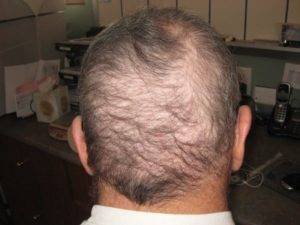
Credit: Flickr under CC
What levothyroxine drug is meant to achieve is the provision of more thyroxine in the body to make up for the deficiency that would’ve resulted from poor thyroid gland function. This helps in the restoration of optimal metabolic rates in your body and reversal of certain symptoms associated with hypothyroidism like:
- Bodily fatigue and weakness,
- Thick and dry skin,
- Loss of hair,
- Joint and muscle pains,
- Depression,
- Constipation,
- Weight gain, etc
Why weight loss with levothyroxine?
Weight gain is one of the symptoms of hypothyroidism as stated above. This is principally due to the retention of fluid in your body as a result of reduced kidney function happening as a direct consequence of an underactive thyroid gland.
With the restoration of normal thyroxine levels by the use of levothyroxine, a normal metabolic rate is restored. This invariably results in the restoration of normal kidney function leading to a reversal of the symptoms of hypothyroidism.
As your kidneys begin to clear the retained body fluid during the period of hypothyroidism, the weight gained by this retention begins to drop. By the time the retained fluid is cleared, you will have gone back to the body weight you had before the development of the condition.
At this point, the drug will no longer have any effect on your body weight, and taking higher doses will only result in side effects some of which could be life-threatening.
I believe you now understand why it’s pointless to take this drug to lose weight.
Weight gain despite levothyroxine.
One of the first symptoms of hypothyroidism is weight gain due mostly to water retention. Levothyroxine is expected to result in the loss of this particular weight however, it shouldn’t come as a surprise if someone on this drug gains even more weight.
We’ll describe two scenarios that could lead to this.
keep in touch by signing up for our newsletter.
Drug interaction.
Some drugs may reduce the amount of levothyroxine your body can absorb. These include certain Iron, and calcium food supplements or antacids. When you commence drugs like these while still on levothyroxine, reduced levothyroxine absorption will result in lower thyroxine levels in your body.
This is one of the reasons your doctor needs to be duly informed of all other drugs you are taking or intend to take during the treatment.
Insufficient levels of thyroxine necessary to maintain optimal metabolic processes will result in weight gain as described earlier.
Not taking levothyroxine within 4 hours of taking any of these drugs will essentially take care of this problem. Additionally, the routine monitoring of thyroxine levels during your treatment for hypothyroidism will ensure this doesn’t happen.
Food type and quantity.
Just as we have in drug interaction, there are foods that, when taken with levothyroxine will have an impact on the amount of the drug your body can absorb.4 MedlinePlus. (governmental authority) visit source [Cited 2022 May 1st ] These include walnuts, dietary fiber, cottonseed meals, and those containing goitrogens which could impair normal thyroid functions.
Goitrogenic foods could inhibit the production of thyroid hormones thereby further lowering the available amounts of thyroxine. These include foods like cabbage, spinach, turnips, cassava, sweet potato, kale, broccoli, cauliflower, millet, strawberries, and peanuts. Research has shown the ingestion of these foods in high amounts could be a contributory factor in the development of goiter.5 The American Journal of Clinical Nutrition. (governmental authority) visit source [Cited 2022 May 1st ]

Credit: Flickr under CC
Most importantly, the number of calories or carbs you take during your treatment matters a great deal. Levothyroxine has no more impact on your weight when it has been able to clear the weight you gained due to fluid retention. From that point, you could gain or lose weight just like anyone else.
So, if you go taking excess calories you definitely will gain weight like anyone else despite being on levothyroxine.
Drug dosage.
This drug should be taken only as prescribed by your healthcare provider. As an adult, the starting dose may fall in the range of 12.5 to 25mcg/day and you typically won’t be taking more than 200mcg/day. Some factors put into consideration in determining the right dose for you include:
- The severity of your hypothyroidism,
- Presence of underlying medical conditions,
- Your age,
- Your body size or weight,6 The American Thyroid Association. (governmental authority) visit source [Cited 2022 May 1st ]
- Your reaction to the first dose and blood levels of thyroxine in routine tests will influence dosage adjustments throughout treatment.7 The American Thyroid Association. (governmental authority) visit source [Cited 2022 May 1st ] 8 Pubmed central-Advances in therapy. (governmental authority) visit source
Certain safe levels of levothyroxine have to be present in your blood for your treatment to work as planned. Missing your dose should necessitate taking your medication as soon as you remember it but take only one dose if your next dose is just a few hours away.
Never take a double dose to make up for a missed one.
Usually, you are expected to take the drug on an empty stomach for about 30 minutes at the least but preferably 1 hour before your first meal. You need to wait up to 4 hours after the ingestion before taking food supplements containing iron or calcium compounds.
Never stop taking levothyroxine on your own as it may result in a relapse of hypothyroidism. Share on XSide effects, allergies, and precautions.
Side effects.
The known side effects9 MedlinePlus. (governmental authority) [Cited 2022 May 1st ] visit source are numerous and not all will be mentioned. Some are very common while others aren’t so common and may call for the attention of your doctor.
How it affects anyone will differ among individuals more so due to medical history, dosage, and other drugs one may be taking along with levothyroxine.
Some of the side effects are:
- Weight loss,
- Being hyperactive,
- Insomnia(difficulty sleeping or staying asleep),
- Temporary loss of hair,
- Vomiting and stomach cramps,
- Sensitivity to heat,
- Profuse sweating,
- Menstrual cycle changes in premenopausal women,
- Tremors,
- Muscle weakness and cramps,
- A feeling of tiredness,
- Chest pain,
- Joint pain(arthralgia),
- Tachycardia(fast heart rate),
- Respiratory distress,
- Coma(loss of consciousness)
- Heightened appetite, etc.
Allergies.
Allergic reactions could be very serious or even fatal and should be reported instantly. Some of the allergies to watch out for are:
- Wheezing,
- Urticaria or rashes,
- Diarrhea,
- Fever,
- Arthralgia or joint pain,
- Skin flushing,
- Difficulty breathing,
- Angioedema(painless swelling under the skin), etc
Precautions.
People with known sensitivity to levothyroxine or a certain medical history need to be cautious in the use of the drug for instance,
- History of heart attacks or cardiac disease,
- Diabetics: There may be a need to increase the dosage of diabetic drugs,
- High blood pressure,
- Thyrotoxicosis: Too many thyroid hormones due to an overactive thyroid gland,
- Osteoporosis,
- Hemophilia: A severely reduced clotting ability of the blood.
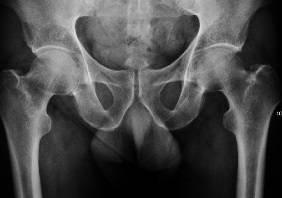
Credit: Ruiz Santiago et al under CC
Ingestion of levothyroxine may worsen the above-mentioned conditions so your doctor has to be informed if you have them. It will enable him to tailor your treatment to suit any underlying health issues you have.
This further buttresses the need to avoid taking the drug outside prescription let alone for weight loss.
I hope this was helpful. You may also want to find out about an exercise10 Healthcrust article. (trustworthy) see the article that could help you in your weight loss journey or nutritious food that gives you fewer calories11 Healthcrust article. (trustworthy) see the article 12 Healthcrust article. (trustworthy) see the article



























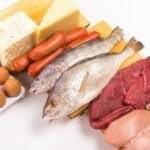
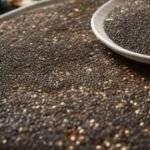










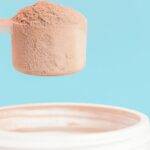


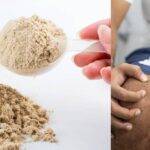












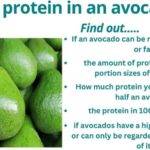





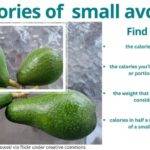
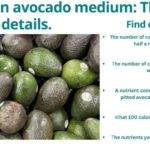
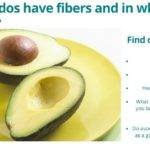







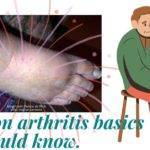
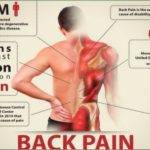


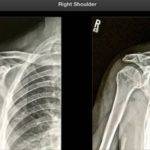

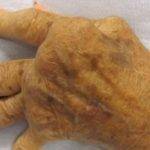

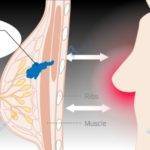
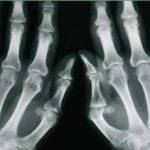
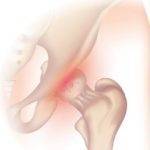

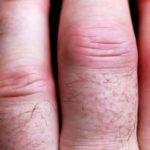




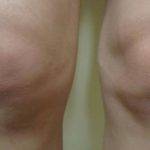

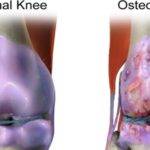
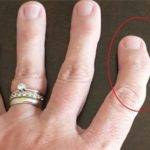
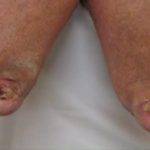
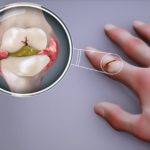












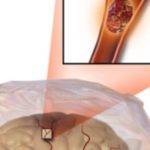

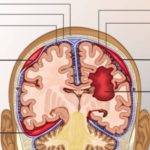
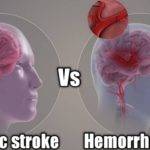
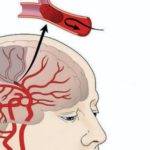


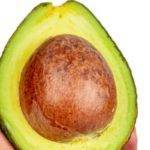














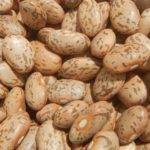
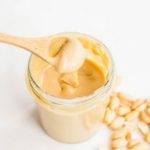
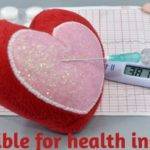







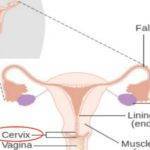

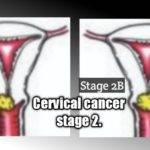
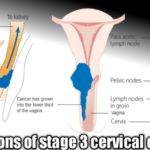
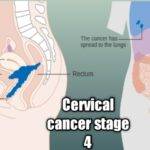
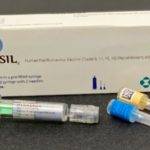








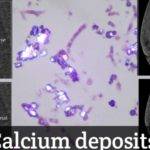

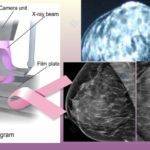
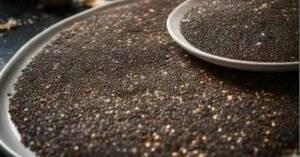

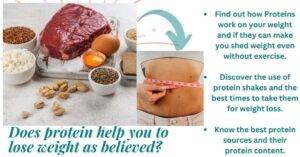

Good post. I learned something totally new and challenging.
Excellent read, I just passed this onto a colleague who was doing a little research on this.